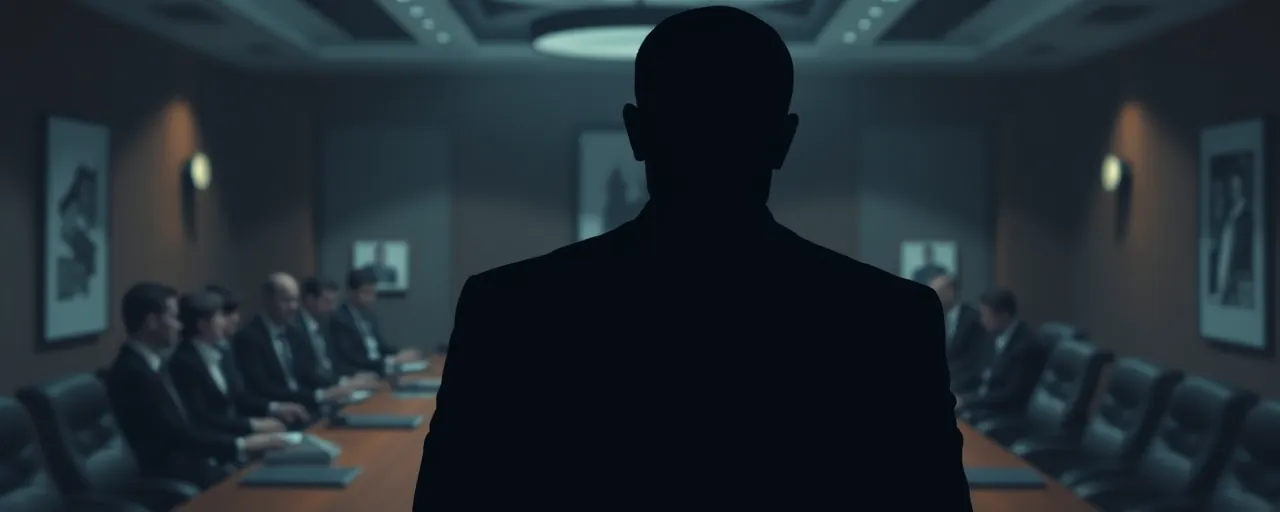A Long-Overdue Reckoning
The opioid crisis has torn through American communities, leaving families shattered and small towns hollowed out. For too long, pharmaceutical giants like Mylan have dodged real accountability for their role in this devastation. Now, a $335 million multistate settlement announced by California’s Attorney General Rob Bonta signals a shift. Mylan, now part of Viatris, stands accused of peddling dangerous opioids like fentanyl patches while misleading doctors about their safety. This isn’t just a fine; it’s a warning shot to an industry that’s profited off addiction for decades.
But let’s not kid ourselves. This settlement, spread over nine years, barely scratches the surface of the damage done. Mylan’s marketing tactics, which pushed doctors to overprescribe highly addictive drugs, helped ignite a crisis that’s killed hundreds of thousands. The question isn’t whether justice is being served; it’s whether we’re finally ready to demand more than token penalties from corporations that treat human lives as collateral damage.
Mylan’s Dangerous Deceptions
Mylan’s playbook was as cynical as it was deadly. The company churned out fentanyl patches, oxycodone, and other opioids, marketing them as safer than they were. Evidence shows Mylan knew its fentanyl patches were prone to abuse, with used patches retaining over half their drug content, ripe for diversion to the black market. Yet, they kept pushing, targeting doctors with slick campaigns that downplayed risks. The result? A flood of prescriptions that fueled addiction and sent countless lives spiraling into chaos.
This wasn’t a one-off. Purdue Pharma pulled similar stunts with OxyContin, raking in billions while addiction rates soared. When Purdue faced heat, others like Mylan stepped up, boosting marketing budgets by 160% to fill the void. These companies didn’t just sell drugs; they sold a lie, convincing doctors and patients that long-term opioid use was safe. The human toll—over 500,000 deaths since 1999—proves otherwise.
Why Settlements Alone Won’t Cut It
Some cheer these settlements as progress, pointing to the $335 million Mylan will pay to states for treatment and prevention programs. Others highlight bipartisan efforts like the SUPPORT Act, which expanded access to recovery services, or the OPIOIDS Act, aimed at improving overdose data. These are steps, sure, but they’re bandages on a gaping wound. The real issue is a system that lets corporations treat fines as the cost of doing business. Mylan’s payout, like the $26 billion Johnson & Johnson settlement, sounds big until you realize it’s a fraction of their profits.
Then there’s the question of where the money goes. Too often, settlement funds get funneled into bloated bureaucracies or pet projects, not the communities hardest hit. States must prioritize practical solutions—safe disposal programs for fentanyl patches, more naloxone for first responders, and treatment centers that actually work. Anything less betrays the families who’ve lost everything to this crisis.
Pushing Back on Big Pharma’s Enablers
It’s tempting to pin all the blame on companies like Mylan, but they didn’t act alone. Regulatory failures let this crisis fester. The FDA approved broad opioid indications without rigorous long-term studies, and agencies turned a blind eye to aggressive marketing for years. Some argue for more regulation, claiming it’ll rein in Big Pharma. But piling on red tape often burdens small businesses while leaving corporate giants unscathed. The better fix? Enforce existing laws and hit executives with real consequences, not just their companies.
The Supreme Court got it right last year, rejecting Purdue Pharma’s $6 billion bankruptcy deal that would’ve shielded the Sackler family from liability. That ruling sent a message: no one’s above the law. It’s time to extend that principle to Mylan and beyond. Corporate boardrooms need to feel the heat, not just their accountants.
A Call for Real Accountability
The Mylan settlement is a start, but it’s not the finish line. Big Pharma’s role in the opioid crisis demands a response that matches the scale of the tragedy. That means tougher penalties, not just fines that companies shrug off. It means holding executives personally accountable, not letting them hide behind corporate shields. And it means ensuring every dollar from these settlements goes to rebuilding lives, not padding state budgets.
American families deserve better than a system that lets profiteers walk away while communities crumble. The opioid crisis isn’t a partisan issue—it’s a human one. But fixing it requires the courage to confront powerful interests head-on. If we don’t, we’re just kicking the can down a road littered with too many graves already.
